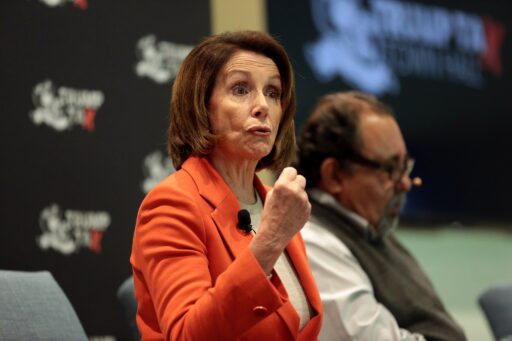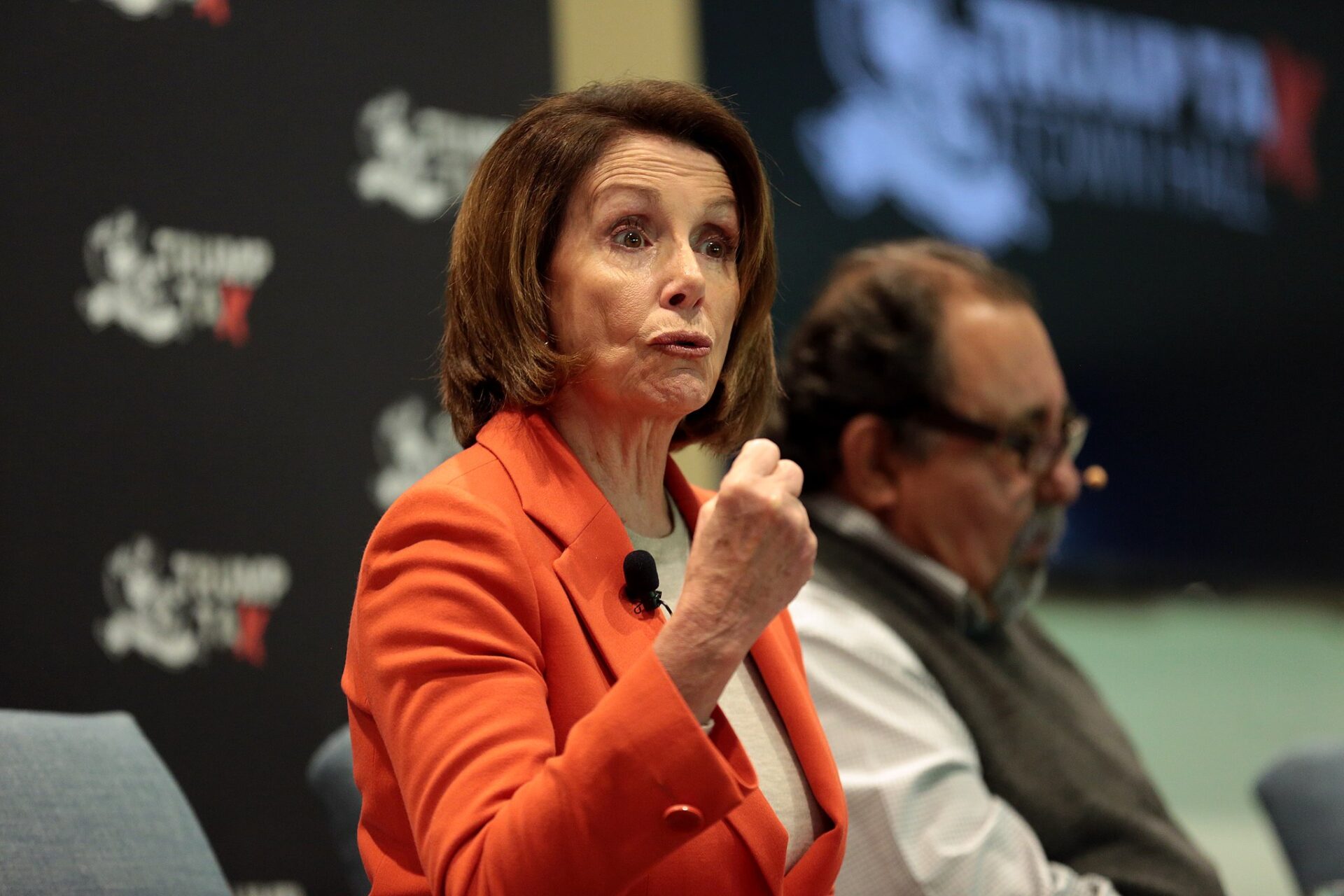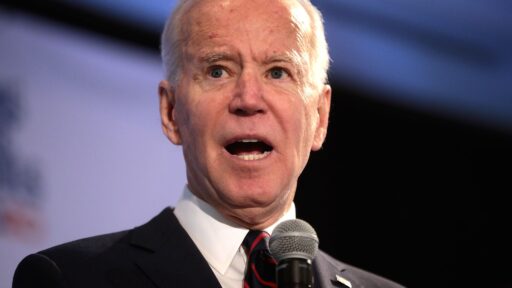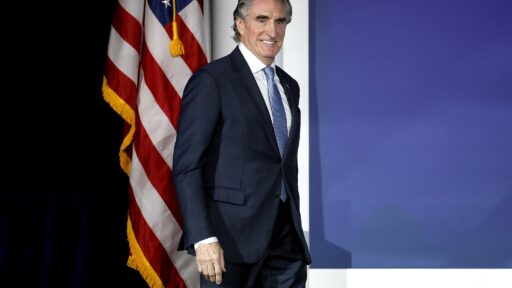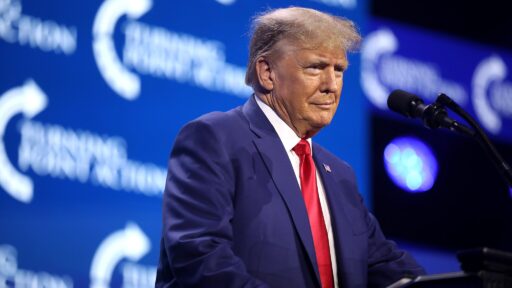China was not happy.
Recently, the Chinese embassy in the United States sent a strongly worded letter to American lawmakers who had visited the Dalai Lama in Dharamshala, India. The correspondence, addressed to aides of House Foreign Affairs Committee chairman Michael McCaul and ranking member Gregory Meeks, expressed deep concern and urged the cancellation of the delegation’s trip. Minister-Counselor Zhou Zheng emphasized that the visit to Dharamshala interfered with China’s internal affairs, violated its sovereignty, and disrupted territorial integrity. He underscored Tibet (referred to as Xizang) as an integral part of Chinese territory since the 13th century Yuan Dynasty, firmly condemning the delegation’s actions.
Despite warnings from Beijing against meeting with the Dalai Lama, a bipartisan delegation from the House proceeded with their scheduled visit, highlighting their refusal to be intimidated by Chinese Communist Party directives. This defiance was articulated by Chairman McCaul during their meeting with the spiritual leader, where he affirmed their commitment to engaging despite Chinese objections.
Staten Island GOP Representative Nicole Malliotakis, also part of the delegation, criticized China’s oppression of Tibetans and its warnings to the US lawmakers. She stressed the importance of countering Chinese misinformation about Tibet’s history, advocating for Tibetan self-determination, and ensuring a continuity plan for the Dalai Lama’s successor.
The visit coincided with discussions around the Resolve Tibet Act, recently passed by Congress, aimed at countering Chinese propaganda regarding Tibet and supporting Tibetan freedom. Speaker Emerita Nancy Pelosi hailed the legislation as a clear message to China about America’s stance on Tibet’s autonomy.
Meanwhile, the Chinese embassy’s letter claimed improved human rights conditions in Tibet, contradicting international reports of forced labor camps and repression. This discrepancy underscored the ongoing narrative clash between China and the international community regarding Tibet’s political and human rights situation.
In response to the visit, the Chinese Foreign Ministry warned of “resolute measures” if President Biden signs the Resolve Tibet Act into law, signaling potential diplomatic tensions ahead. Despite this, Pelosi’s participation marked the second instance where she defied Chinese warnings, having previously visited Taiwan in August 2022.
The Dalai Lama’s forthcoming medical treatment in the US added a layer of uncertainty regarding potential diplomatic interactions, further complicating the already strained relations between Washington and Beijing over Tibet-related issues.
Overall, the visit and its aftermath highlight the deep-seated international tensions surrounding Tibet, with the US reaffirming its support for Tibetan autonomy despite vehement objections from China. As the situation evolves, it remains to be seen how both countries will navigate their conflicting interests while addressing broader human rights and geopolitical concerns in the region.


